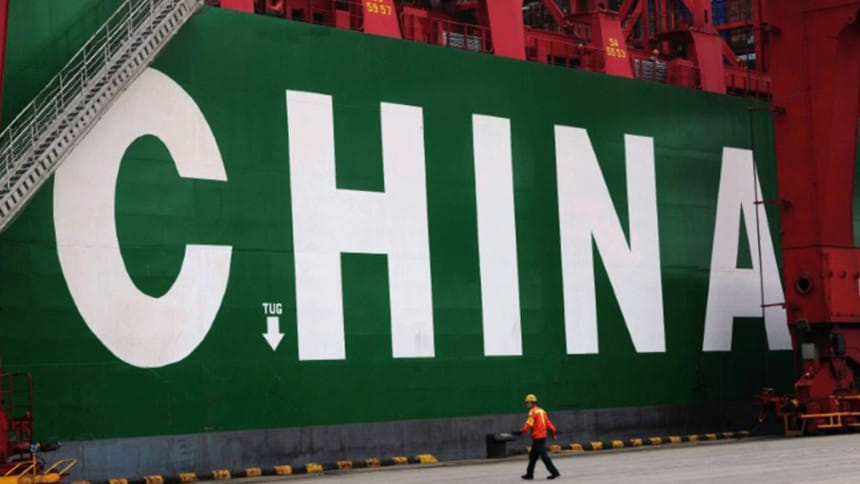WB removes critical section from China report

The World Bank has removed a sharply critical portion from a recently released report on China's economy that called for reform of its financial system, saying the section had not been adequately reviewed and that its wording was inappropriate.
On Wednesday, the Washington-based institution released its China Economic Update report in Beijing, which included a section urging the country to accelerate reform of its state-dominated financial sector.
In blunt language, the World Bank warned that failure to address the issue could end "three decades of stellar performance" for the world's second-largest economy.
"Wasteful investment, overindebtedness, and a weakly regulated shadow-banking system," had to be addressed for China's broader reform agenda to succeed, it said.
The organisation, however, said in an update to the report posted on its website on Friday that the section had been removed as it had not undergone proper vetting procedures.
Contacted by AFP in Beijing for further comment on Sunday, the World Bank provided a statement by Bert Hofman, its country director for China.
"The decision to withdraw this section of the report was taken because it did not fully follow our internal review and clearance processes and therefore its tone was not consistent with our standard of discourse with member governments," Hofman said.
"To ensure full transparency, we disclosed the change on our website and in the updated report. We will continue to provide analysis and advice on China's financial sector going forward."
Hofman also said that the World Bank has previously identified financial reform as "critical" for the country's development.
He added that China has acted on decisions taken at an important Communist Party meeting in 2013 by pursuing changes including liberalising lending rates, taking steps to curtail so-called shadow banking practices and providing more access to foreign investors to the country's capital markets.
"Taken together, these are critical reforms that move China toward a more market based allocation of capital," he said.
The expunged section of the report had noted that the Chinese state exerts strong control over a majority of commercial bank assets, "making it an outlier by international standards".
In some cases, it added, authorities were simultaneously owners, regulators and customers of banks.
"Financial reform will only prove effective if it removes the distorted incentives and poor governance structures that have affected how financial resources are mobilised and allocated," it said.
"As now seen, a fundamentally reconfigured role of the state in the financial system is essential to change these incentives and structures."
China's leaders are trying to engineer a transformation of the country's growth model whereby consumer demand becomes the main driver rather than investment.

 For all latest news, follow The Daily Star's Google News channel.
For all latest news, follow The Daily Star's Google News channel. 



Comments